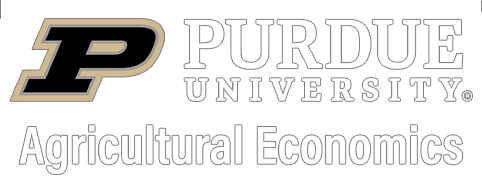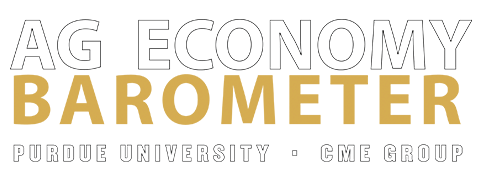August 12, 2017
Managerial Experience and Competitive Advantage
One of the ways a farm can gauge whether it has a long-term competitive advantage is to identify resources unique to the farm. To survive in the short-run, farms have to be able to exploit key resources. To survive in the long-run, farms have to be able to explore and take advantage of new opportunities. One of the key unique resources on many farms is managerial experience.
To take advantage of managerial experience, farm managers need to be able to share their experiences with younger family members and employees. Unfortunately, training younger family members and employees is often complicated by the tacit nature of a farm manager’s experiential knowledge. Tacit knowledge, as opposed to explicit knowledge, is difficult to transfer to another person by means of writing it down or verbalizing it. Tacit knowledge is often related to the rules of language, innovation, and leadership. Why is tacit knowledge important? Tacit knowledge is important because it is extremely difficult for other farms to utilize your unique knowledge. For example, if a farm has a vast amount of experience in producing a specialty crop, it is difficult for another farm to obtain the knowledge related to this experience because it is not written down or readily available.
Many of us remember stories and experiences shared with our older family members. I personally have fond memories of discussing agricultural issues with my father and grandfathers, and have them to thank for my passion for the industry. However, if a farm wants to take advantage of each other’s experience, it needs to go beyond this sharing. Cross training or learning about tasks in which different family members are responsible for is also important. For example, if one of the older family members is primarily responsible for keeping and analyzing records, and discussing debt needs with lenders, it is important that other family members at least have some sense as to what this responsibility entails.
The discussion above focused on sharing knowledge with family members. I would be remiss if I did not also stress the importance of communicating with other farm employees. Most employees want to know how they fit into the operation, and are interested in how transitions in management or responsibilities will affect their future in the farm business.
How does a farm make sure that tacit knowledge it being fully utilized? One of the ways to utilize this knowledge is to have periodic farm meetings. Another way is to take time to explain to younger family members and employees important farm tasks and processes. When discussing a task or process, it is important to discuss both how and why the farm performs a task or process in a specific way.
Utilizing tacit knowledge, is a key first step in exploring and taking advantage of new opportunities. The reason for this is simple. If a farm does not fully understand the experiential knowledge of each family member and employee, it will be difficult to determine strategic direction.
TAGS:
TEAM LINKS:
RELATED RESOURCES
UPCOMING EVENTS
We are taking a short break, but please plan to join us at one of our future programs that is a little farther in the future.



